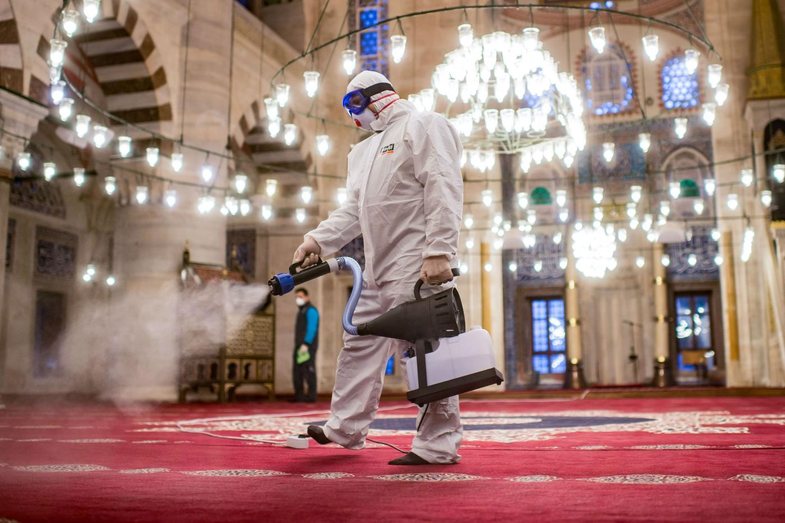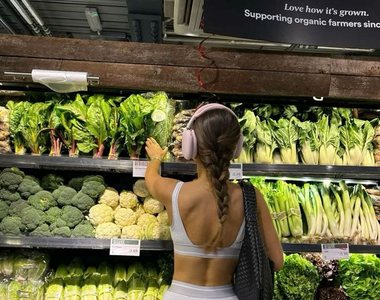
Turkey is one of the 10 countries with the highest prevalence of coronavirus in the world and the number of those affected increases by 4,000 cases per day. Meanwhile, the mortality rate is low, which has made world experts raise their eyebrows.
Turkish Health Minister Fahrettin Koca argues that the low mortality rate in Turkey - just over 2% - is the result of the country's health care and protocol, which is different from other countries.
Koca says that unlike other countries, Turkey's approach to fighting Covid-19 is about tracking contacts instead of general testing or testing after symptoms appear. They have also delayed intubation by using high-frequency oxygen for a longer period of time, and according to the minister, this has yielded good results.
Turkey used hydroxychloride, a drug for malaria, and favipiravir, a Japanese antiviral, much earlier than other countries. Despite medical experts opposing the use of malaria medicine, due to side effects, Dr. Nuri Aydin, president of the Medical School at Istanbul University, said "we are trying to save lives." According to him, the use of malaria medicine reduces the time patients spend in intensive care.
Aydin says there is not yet enough evidence to publish their research, but "time will tell if the results are true."
Also, instead of patients staying lying down, they are placed slightly turned to the side and this has given positive results. Turkey, meanwhile, has begun using plasma from patients who were cured of coronavirus to cure the disease in those still fighting it.
The use of blood plasma of cured patients was also announced by a Chinese official in mid-February. Approaching this idea is a logical and promising way to treat sick patients, said then-experts in Live Science, a website with scientific articles.
Offending. Antibodies are proteins that the immune system produces to fight viruses, bacteria, or other foreign substances in the body. Antibodies are specific to each "invader." However, our body requires little time for their production. If the same virus / bacterium tries to re-enter the body, antibody production is faster.
We add that Turkey had no one affected by Covid-19 until mid-March, which certainly gave it time to prepare. On the other hand, the Turkish medical system is known for its capacity.
In response to Covid-19, the country developed programs for the production and distribution of personal hygiene items. They were distributed not only in Turkey but also abroad, in more than 30 countries. The Ministry of Education's vocational schools were turned into workshops to produce masks for the face, body and other protective clothing.
In terms of quarantine and movements, you can find Turkey's measures summarized below:
- During the week, staying at home is mandatory only for persons under 20 years of age and for those over 65 years of age. Others are theoretically free to go out, although some businesses are closed.
- Restaurants are open only for delivery services or to take orders yourself.
-Masks are mandatory in public places, such as markets.
-The masks are distributed free of charge in the pharmacy and for those who cannot go out, they are sent home.
-Volunteers and police go through the homes of people in need or those who cannot get out.
-Adults can call the care team if they need anything.
Sources: CNN, New York Times







